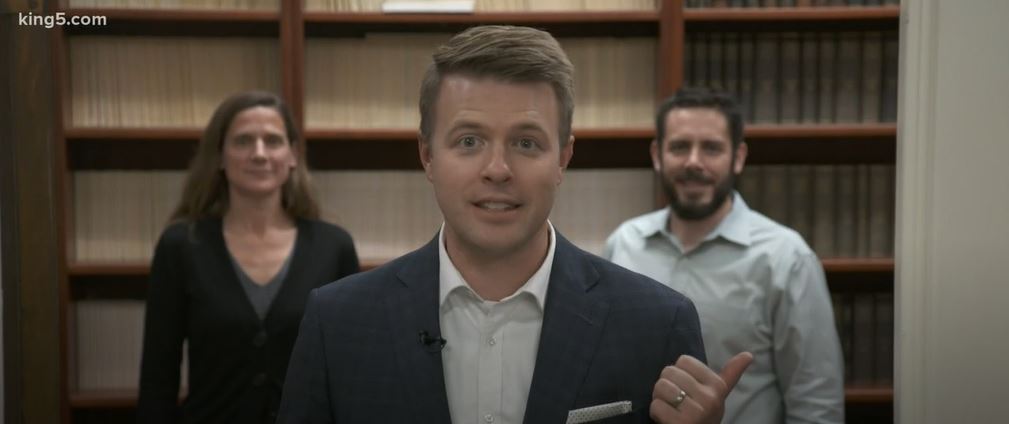
Online shopping is part of everyday life these days, and all that extra cardboard on your front door step can have unforeseen consequences.
While the ease-of-use makes online shopping more enticing, all the extra deliveries and logistics can have hidden environmental costs that many call the “cardboard footprint.”
“It’s contributing significantly to our carbon footprint as a region and as a country. And those are problems,” said Anne Goodchild, director of the University of Washington’s Supply Chain Transportation and Logistics Center.
Goodchild suggests deliveries are having more of an impact on the environment than the days when we used to make our list and go to the store for the goods we need.
She says Amazon is doing good by consolidating deliveries and attempting to drive fewer miles on the road, but overall, changing consumption is the answer.
“Reducing consumption is going to have a much bigger impact on our future,” she said.
While there is no exact measurements of the impact, we do know that the cardboard industry is exploding. A recent study by FMI, suggests nearly 170 million tons of corrugated boxes were sold in 2018. And growth in 2019 is expected to create around 3.9% more cardboard.
That consumption also seems to be connected to our online habits.
The U.S. Census Bureau estimates online sales in the second quarter of 2019 totaled $139.7 billion, which is an increase of 8.3% from the first quarter and a 13.6% increase compared to this time last year.
In total, e-commerce sales make up about 10% of all retail sales in the U.S. annually.
“Through the data that we have we estimate that we are recycling about 85% of the cardboard,” said Jeff Gaisford, recycling and environmental services manager for King County.
While it does appear western Washington is ahead of the curve when it comes to recycling, the biggest positive impact on the environment may also come from the quality of the recycling itself.
“Keep it clean, dry and empty,” Gaisford said, referring to the steps we can take at home to ensure things get recycled correctly. “And looking for other ways to buy things or buying more (of) the product at one time could also help reduce our cardboard footprint.”
Amazon says it prides itself on sustainability measures. It says, since 2008, sustainable packaging initiatives including Frustration-Free Packaging (FFP) have eliminated more than 665,000 tons of packaging materials and more than 1.18 billion shipping boxes.